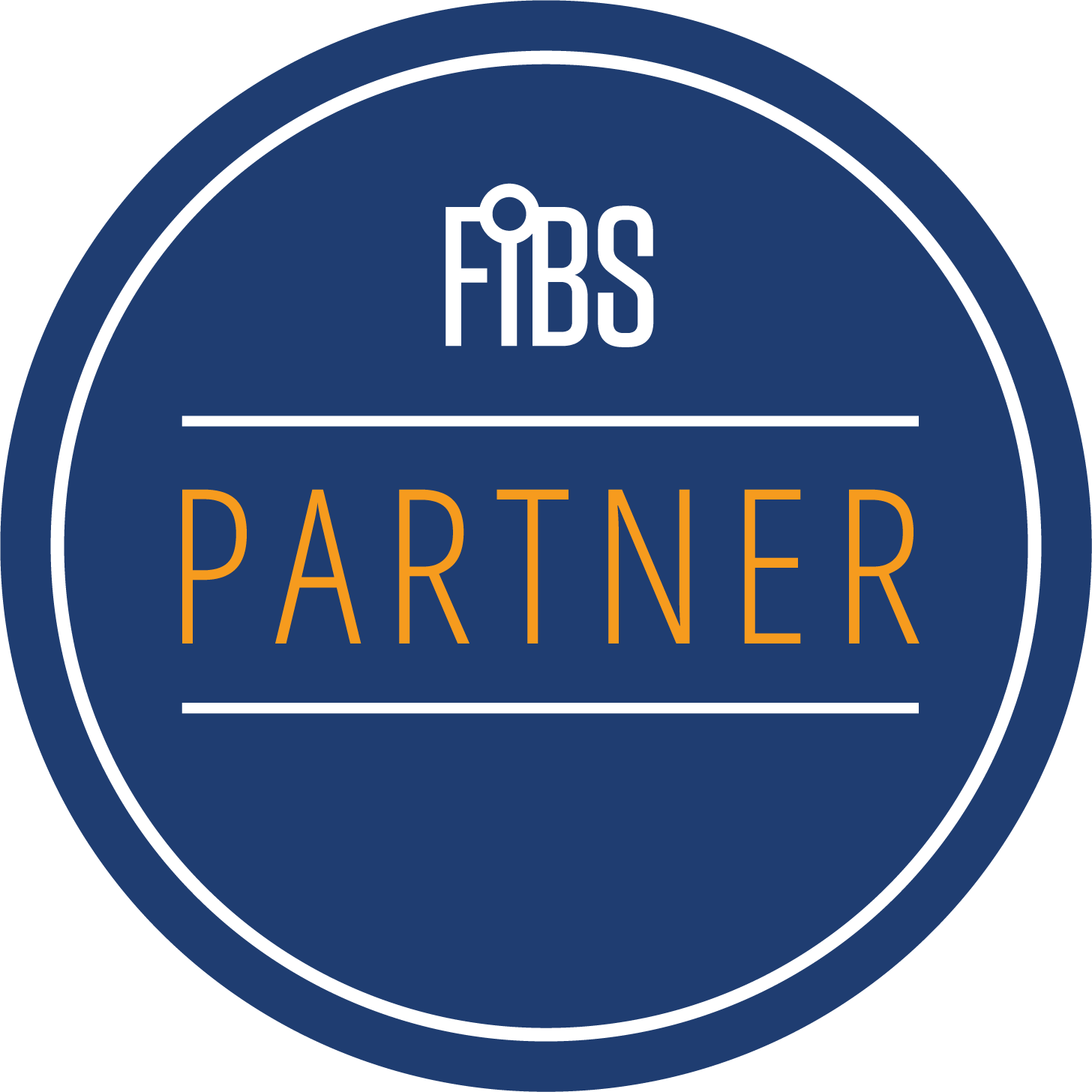Throughout the last decades, our supply chains have grown increasingly complex. This often means businesses are buying products and components from countries with low minimum wages and in some cases a disregard for human rights. Thanks to the United Nations Guiding Principles on Business and Human Rights, companies have been made aware of their responsibility to respect human rights and the need to perform human rights due diligence. In order to live up to these expectations, companies attempt to assess suppliers often through social compliance audits. However, social compliance audits are flawed in many ways:
”Throughout the last decades, our supply chains have grown increasingly complex.”
- Corporate purchasing practices are a big driver for social inequality in supply chains and a root cause for many human right infringements, yet they are not being checked through a social audit approach. In social auditing, the focus is on the supplier instead – which in a way equals to looking at symptoms of a problem, instead of the cause;
- Passing an audit is a requirement for suppliers to stay in business. Since it is the result that counts, suppliers are not encouraged to be transparent about the issues they are facing, leading to misleading auditors and, in extreme cases, to fraud. Businesses are responding by proposing stricter criteria and unannounced audits. This ‘policing’ does not create trust between business partners, but instead creates a costly administrative process;
- Workers are not involved in a meaningful way, not in defining the audit protocol, the audit itself, nor the validation of the findings. Since it is the workers’ rights that these audits should address, this is a key issue.
At the time of writing this, the spread of the corona virus and the crippling effect it has on the economy are devastating. Throughout this crisis, it is the vulnerable who are suffering most – which include workers in our supply chains. In this new reality, ‘business as usual’ is no longer possible and companies must rethink how to do business – and take the human rights principles seriously. We can use this crisis as a starting point to reshape supplier relations towards a collaborative model that puts people first.
”Throughout this crisis, it is the vulnerable who are suffering most – which include workers in our supply chains.”
It is not a one-size-fits-all solution, but rather a set of elements that should be considered:
- Build relationships with your suppliers based on (mutual) trust. Open your ears and mind to the issues they are facing, and jointly look for solutions. For inspiration, have a look at how Philips is moving away from policing their suppliers towards a partnership.
- Look at your own sourcing practices. Workers’ rights in your supply chain are most significantly impacted by buying company’s business practices. What do your processes and delivery times look like? What are the prices you are paying per product? Do a thorough assessment – and dare to ask your suppliers for constructive feedback. Take a peek at the Fair Wear Foundation’s Brand Performance Check, a tool they use to see if their member brands in the garment sector practice what they preach.
- Engage with workers in a meaningful way – through unions, if they are represented, or in another way that works in the local context. Yes, this is often difficult, but it is essential – it is the workers whose rights you want to uphold, so involve them in assessing the situation and suggesting solutions. There is groundbreaking work done on this by the Worker-Driven Social Responsibility Network, for example. But also have a look at what global solidarity organizations such as Mondiaal FNV or CNV Internationaal do – and have them think along with you for what can work in your context.
”Work on transparency within your supply chain. It will help to figure out where the risks are and where to take action. ”
- Work on transparency within your supply chain. It will help to figure out where the risks are and where to take action. Pro tip: determine your relevant risk areas before starting your data collection. This way, you avoid creating a data graveyard as well as frustrated business partners – sharing data takes time. Tony’s Chocolonely, a fast-growing chocolate brand that started in the Netherlands, is focusing on child labour in cocoa supply chains as a key risk in their product range. This is where they focus their transparency efforts effectively.
- Last but not least: partner up. Work with like-minded organizations and businesses to achieve more transparency and accelerate your positive impact. Have a look at the Social & Labour Convergence Program, for example, who are trying to move away from audit fatigue and work across brands to get a better understanding of supplier performance.
In the current COVID-19 crisis, more than ever, we need to practice what we preach in our CSR strategies and what the coronavirus is making so painfully clear: we need to put people first.
Anne Manschot
Senior Consultant and social compliance expert
Enact Sustainable Strategies
Enact is one of FIBS Partners


